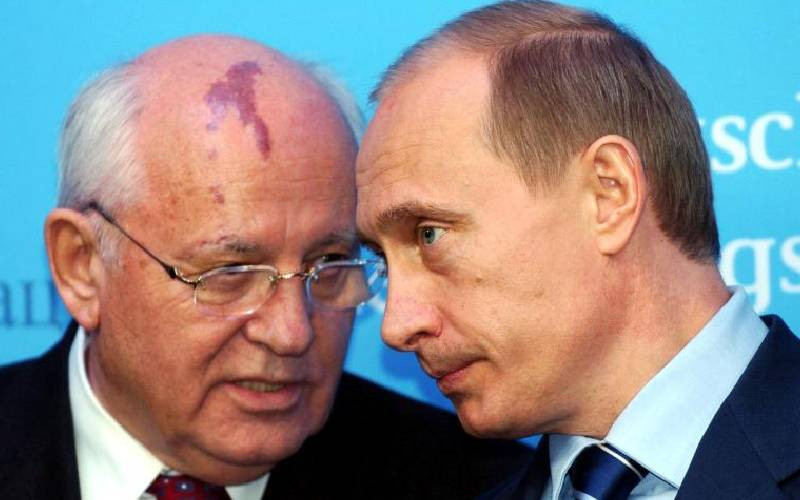×
The Standard e-Paper
Kenya’s Boldest Voice

Growing up, we knew that the world had two superpowers - the United States (US) and the Union of Soviet Socialist Republics (USSR), better known as the Soviet Union.
I believed that the USSR was stronger because it had more letters! Both nuclear-armed, the two superpowers just sabre-rattled with nuclear tests. They recruited other countries to their camps.